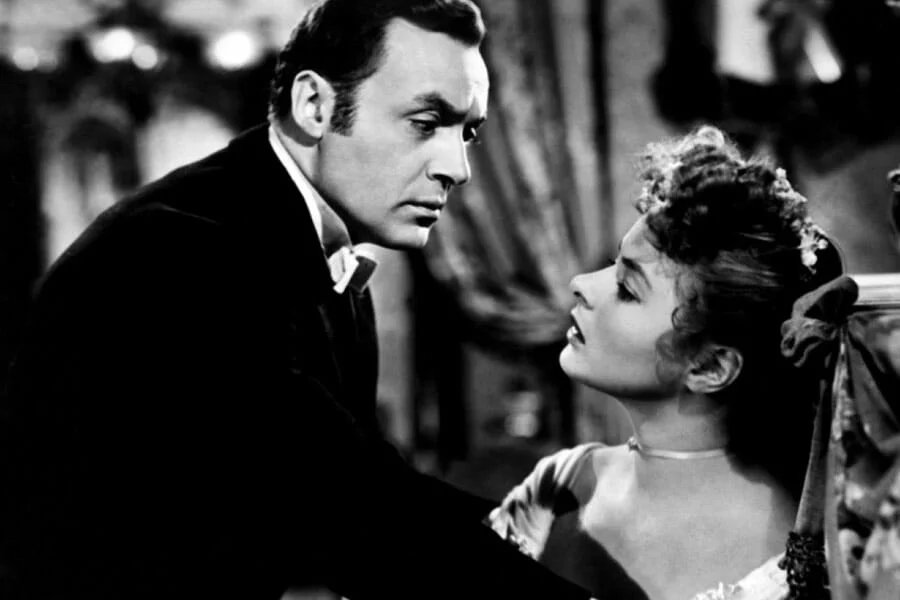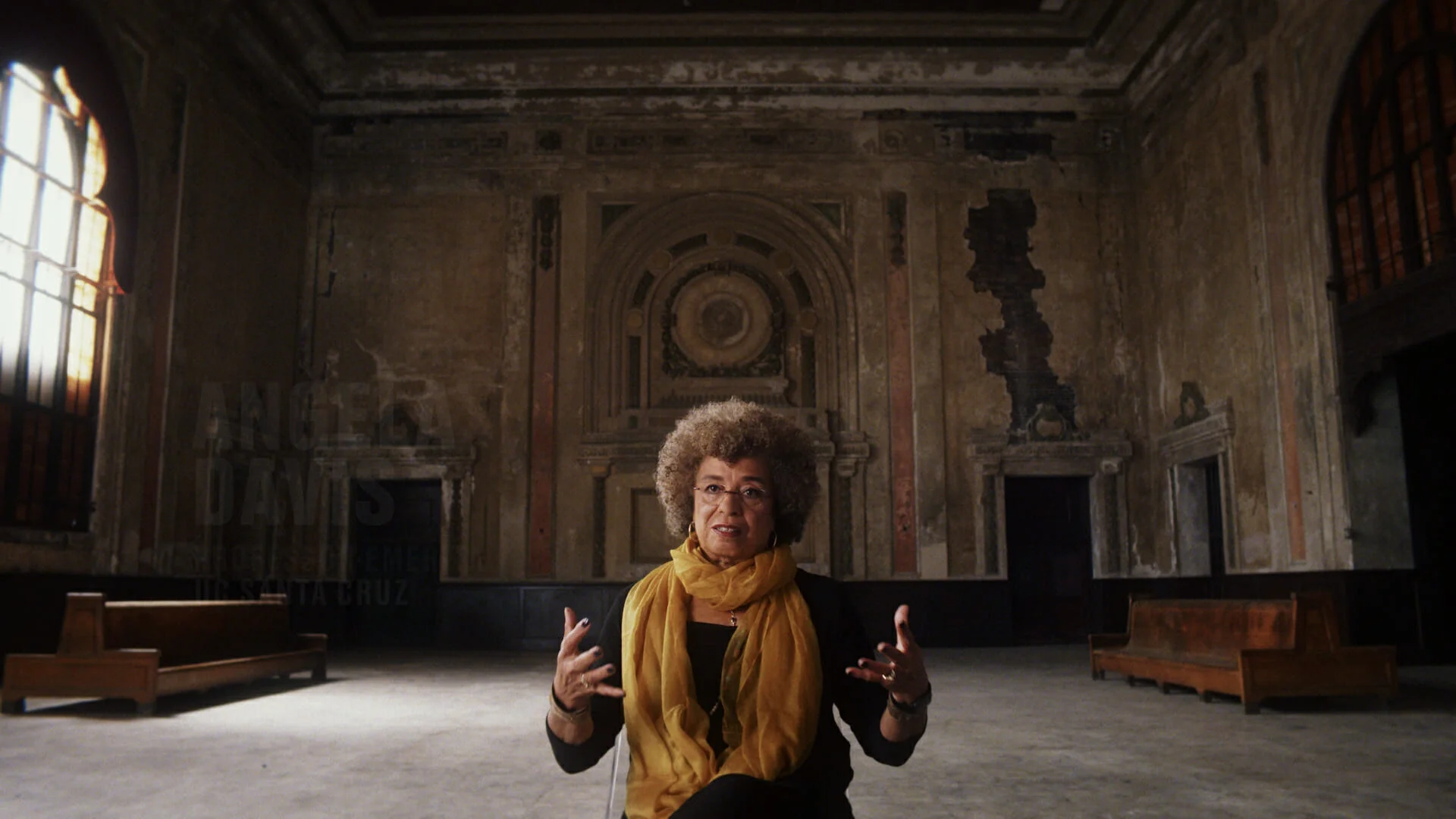
Gaslight | When the personal becomes political
Year
Runtime
Director
Cinematographer
Production Designer
Music by
Country
Format
Genre
Subgenre
By
Gaslighting (verb): “The action of manipulating someone by psychological means into accepting a false depiction of reality or doubting their own sanity.”
The Oxford Dictionary
This is the definition that the Oxford Dictionary gives for gaslighting in its 2018 shortlist for Word of the Year, accompanied by other such buzzwords of the moment as incel, overtourism, cakeism, and techlash. The behavior did not debut in 2018, and neither the word. But the Trump administration gave it a second life, bringing an idea pertaining mainly to personal relationships into the political sphere. Led by Lauren Duca’s 2016 Teen Vogue article “Donald Trump Is Gaslighting America,” the internet had found a shorthand for the American president’s bewildering habit of treating facts as opinions, and truth as optional.
When Gaslight was just a story
Yet before it was the hottest new term in political discourse, Gaslight was a story. Originally a 1938 play by Patrick Hamilton, it saw its first film adaptation in 1940 by British director Thorold Dickinson, before its American remake in 1944 with MGM and director George Cukor. A Victorian-era domestic gothic twitching with paranoia and claustrophobia, Gaslight recounts the story of Paula (Ingrid Bergman), a young woman who moves from London to Italy after her aunt’s murder in her own home. In Italy, Paula falls in love with and marries the charming Gregory Anton (Charles Boyer), and the two return to the aunt’s house in London.
But soon Gregory begins sowing seeds of doubt in Paula’s mind, making her believe she’s forgetting things, losing things, that she’s unfit to leave the house. And every night she hears footsteps in the attic upstairs, watching as the gaslights in her room grow dim.
Gender conflict and psychic dominance
Using a mix of noir visuals and overstuffed, expressionist set design, Cukor creates an interior universe that synthesizes the physical and the psychological – where missing items are missing memories, a blocked-off attic keeps past trauma out of sight, and Gregory is both an owner and an intruder. Known in Hollywood then as a “woman’s director”, Cukor leverages Bergman’s strengths to give an unusual amount of attention – and validation – to the female point of view, pushing the tale into a Strindbergian territory of gender conflict and psychic dominance.
In its subject matter, Gaslight is part of a wave of “don’t trust your husband” movies of the 1940s, including Hitchcock’s Rebecca (1940) and Suspicion (1941), Vincente Minnelli’s Undercurrent (1946), and Douglas Sirk’s Sleep, My Love (1948).
Trascending film screens
Gaslight though is unique in giving a name (and thus definition) to a behavior that transcends plot lines or film screens, that can be found wherever there are people who speak with authority but not honesty.
It is a story about a good woman who is seduced by a confident man’s charisma, distracted from his intentions until it is too late; he is already in the house. Hamilton wrote his play in 1938, the year Nazi Germany gave up its courtship of the United Kingdom, on the eve of WWII. And so perhaps it has always been political. Perhaps the personal can’t help but be political. And perhaps it just takes the right politician to help see that.
Tag
Buy a ☕ for Hypercritic







